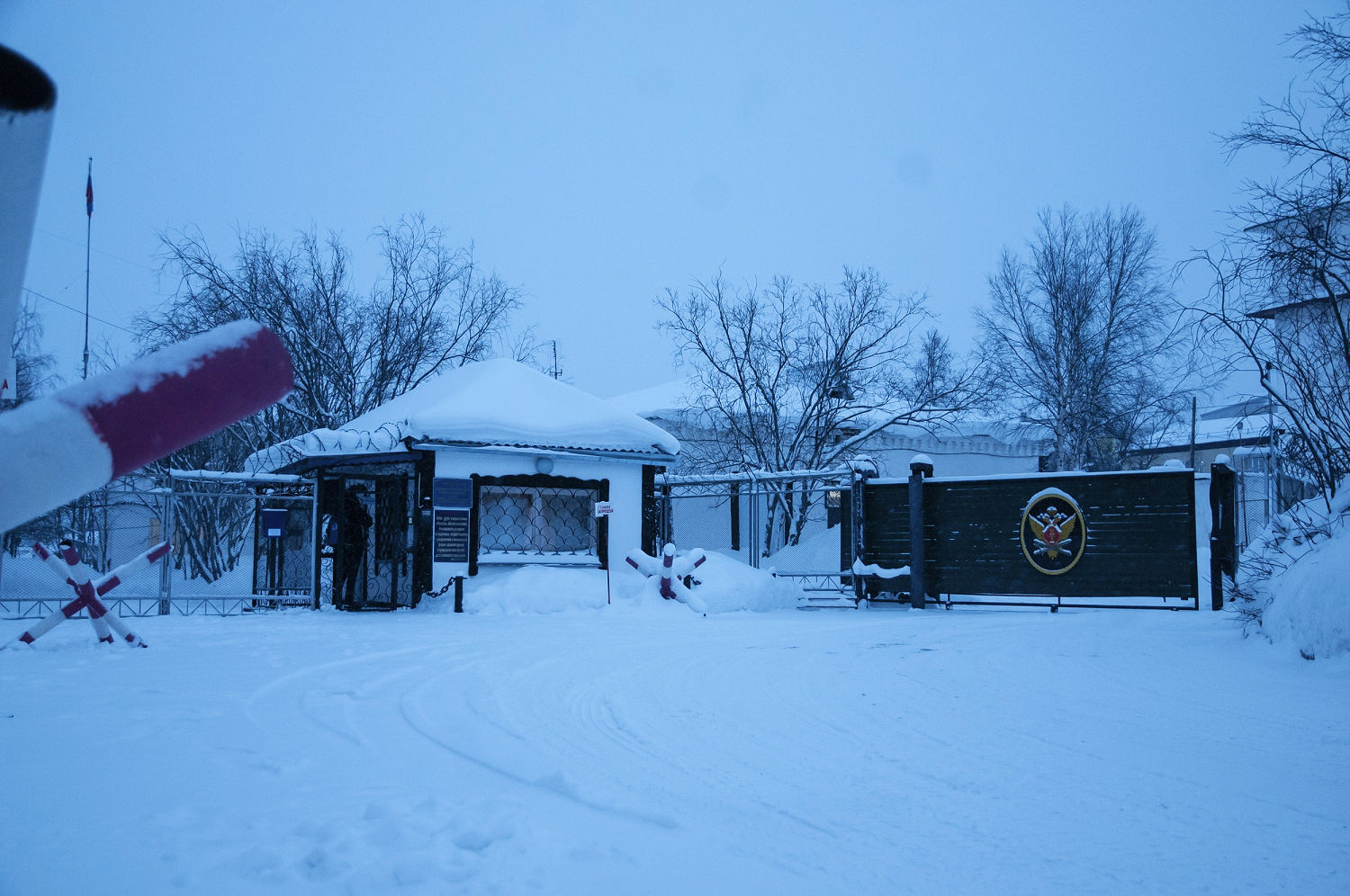
There was no immediate information about what exactly caused Navalny’s death, with the region’s investigative committee saying it has launched a “procedural investigation.”
Navalny’s allies have long raised concerns about his health and poor conditions in jail, where they said he had to spend many days in crammed “punishment cells” for the most minor of conduct violations.
Putin has been informed, Kremlin spokesman Dmitry Peskov confirmed, according to the Russian state news agency Tass.
The Kremlin has always denied poisoning Navalny, and throughout his life has tried to downplay his importance in Russian public life, often refusing to use his name.
A spokesperson for the opposition leader said on X that they did not have any confirmation or information about his death. “Russian authorities publish a confession that they killed Alexey Navalny in prison,” Leonid Volkov, a close ally of many years, said in a post on X. “We do not have any way to confirm it or to prove this isn’t true.”
Mikhail Khodorkovsky, an exiled former oligarch-turned-opposition-figure, also said on X: “If this is true, then, regardless of the formal cause, the responsibility for premature death is borne by Vladimir Putin, who first authorized the poisoning of Alexei and then put him in prison.”
Reaction to Navalny’s death was also swift in the West.
The news “only underscores the weakness and rot at the heart of the system that Putin has built. Russia is responsible for this,” Secretary of State Antony Blinken said at the Munich Security Conference.
NATO chief Jens Stoltenberg said “Russia has serious questions to answer,” while European Union Commission President Ursula von der Leyen said on X that Navalny’s death was a “grim reminder of what Putin and his regime are all about.”
Ukrainian President Volodymyr Zelenskyy, who was also in Munich, said it was “obvious” that Putin was directly behind Navalny’s death.
A thorn in the Kremlin’s side
Navalny’s death leaves Russia’s opposition, wounded by years of harassment and prosecution, without a clear leader. All of Putin’s most high-profile critics are now either dead, jailed or in exile.
Navalny was, undoubtedly, the biggest thorn in the Kremlin’s side.
For more than a decade, he led nationwide protests against the authorities, ran for office to challenge members of the Russian establishment and set up a network of campaign offices across the country that have since been dismantled.
Born in 1976 in the tiny town of Bytyn, near Moscow, Navalny was educated as a lawyer and economist, but entered politics in 2008, starting his anti-corruption fund, FBK, three years later.
He was known for his oratory skills, as well as his use of the online space to promote the results of his investigations and spread his ideal of what he called the “wonderful Russia of tomorrow.” His digital savvy made him particularly popular among Russia’s more democratically minded teenagers and youth.
Navalny rose to prominence as Russia’s most outspoken Kremlin critic after leading a series of anti-corruption investigations into members of the Russian elite.
His 2017 exposure of the lavish lifestyle of Dmitry Medvedev, a former president and prime minister, led to mass protests. And an investigation into a luxurious “secret palace” on Russia’s Black Sea coast, purportedly owned by Putin, resulted in a wave of indignation across Russia in 2021.
Navalny tried to run against Putin in the 2018 presidential election, but was barred from entering the race because of a 2014 embezzlement conviction, which he categorically denied as fabricated to keep him out of politics. Russian officials made a point of not referring to Navalny by name to avoid raising his profile in public.
While on a business trip in Russia in August 2020, Navalny was poisoned with the military nerve agent in an attempt on his life that he blamed directly on Putin.
Navalny survived his 2020 poisoning, thanks to the insistence of his family that he be airlifted to Germany, where he underwent treatment and a long rehabilitation process.
The Kremlin denied any involvement in his poisoning, which was condemned by Western governments and led to a further straining of relations with Russia.
Navalny nonetheless decided to return to Russia in early 2021 and was arrested upon landing on charges stemming from the 2014 embezzlement case. He was sentenced to 2 ½ years in prison for a parole violation linked to that conviction. The decision came days after more than 5,000 people were detained across Russia in rallies supporting Navalny.
His allies have also been persecuted, and his anti-corruption fund was declared an extremist organization a few months after his sentencing, forcing it to shut down and most of the top staff to flee abroad.
He was tried on new charges of fraud and contempt of court and was sentenced to nine more years in jail. Then in August, he was sentenced to a further 19 years in a maximum security penal colony on charges of extremism, in what his allies and the international community called a Kremlin campaign to keep him incarcerated forever. Navalny has denied all charges against him as politically motivated.
His supporters have raised concerns about his treatment in custody and detention conditions, including access to proper medical care and frequent isolation in a tiny punishment cell.
In an interview with NBC News in 2021, Putin said he could not guarantee that Navalny would get out of prison alive.
Source link